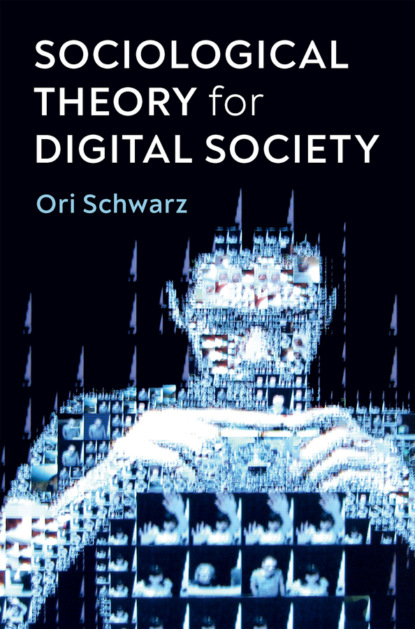Книга "Sociological Theory for the Digital Society" Ори Шварца рассказывает об основных вызовах, с которыми сталкивается социологическая теория при цифровой трансформации. Автором представлен анализ влияния цифровой революции на социальные отношения и изменения, затрагивающие базовые понятия социологической теории. В работе рассматриваются вопросы, связанные с преобразованиями символического интеракционизма в мире цифровизации, учетом новых форм человеческого сотрудничества, трансформацией понятия социального капитала в цифровой форме. Особое внимание уделено изучению алгоритмов алгоритмической власти и изменений в организации труда. Проведен анализ цифровой трансформации и ее роль в построении будущего социологической теории для цифрового общества.
Книга доступна только на английском языке.
Электронная Книга «Sociological Theory for Digital Society» написана автором Ori Schwarz в году.
Минимальный возраст читателя: 0
Язык: Английский
ISBN: 9781509542987
Описание книги от Ori Schwarz
The digital revolution has not only transformed multiple aspects of social life – it also shakes sociological theory, transforming the most basic assumptions that have underlain it. In this timely book, Ori Schwarz explores the main challenges digitalization poses to different strands of sociological theory and offers paths to adapt them to new social realities. What would symbolic interactionism look like in a world where interaction no longer takes place within bounded situations and is constantly documented as durable digital objects? How should we understand new digitally mediated forms of human association that bind our actions and lives together but have little in common with old-time 'collectives'; and why are they not simply ‘social networks’? How does social capital transform when it is materialized in a digital form, and how does it remould power structures? What happens to our conceptualization of power when faced with the emergence of new forms of algorithmic power? And what happens when labour departs from work? By posing and answering such fascinating questions, and offering critical tools for both students and scholars of social theory and digital society to engage with them, this thought-provoking book draws the outline of future sociological theory for our digital society.



















